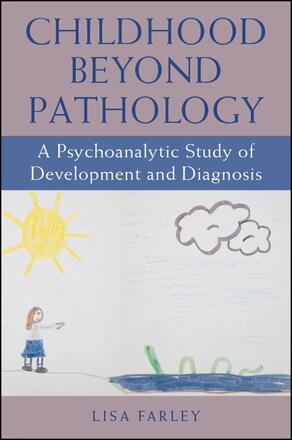
Childhood beyond Pathology
A Psychoanalytic Study of Development and Diagnosis
Alternative formats available from:
Brings psychoanalytic concepts to the notion of childhood development with a keen eye to discussions of social justice and human dignity.
Description
Winner of the 2020 Outstanding Book Award presented by Division B (Curriculum Studies) of the American Educational Research Association
Winner of the 2019 Critics' Choice Book Award presented by the American Educational Studies Association
Childhood beyond Pathology offers an account of the ways that psychoanalytic concepts can inform ongoing challenges of representing development, belonging, and relationality, with a focus on debates over how children should be treated, what they might know, and who they should become. Drawing from fiction, clinical studies, and courtroom and classroom contexts, Lisa Farley explores a series of five conceptual figures—the replacement child, the neurodiverse child, the counterfeit child, the child heir of historical trauma, and the gender divergent child—with a keen eye to discussions of social justice and human dignity. The book reveals the emotional situations, social tensions, and political issues that shape the meaning of childhood, and focuses on what happens when a child departs from normative scripts of development. Through thought-provoking analysis, Farley develops themes that include childhood loss, the myth of innocence, the problem of diagnosis, the subject of racial hatred, the meaning of a good fight, and gender embodiment. She draws extensively on psychoanalytic concepts to show how the fantasy of the child advancing through lockstep stages fails to account for the child as symbolic of the conflicts of entering into the social world. Childhood beyond Pathology suggests we reconsider developmental understandings of childhood by honoring the elusive qualities of inner life.
Lisa Farley is Associate Professor of Education at York University in Toronto, Canada.